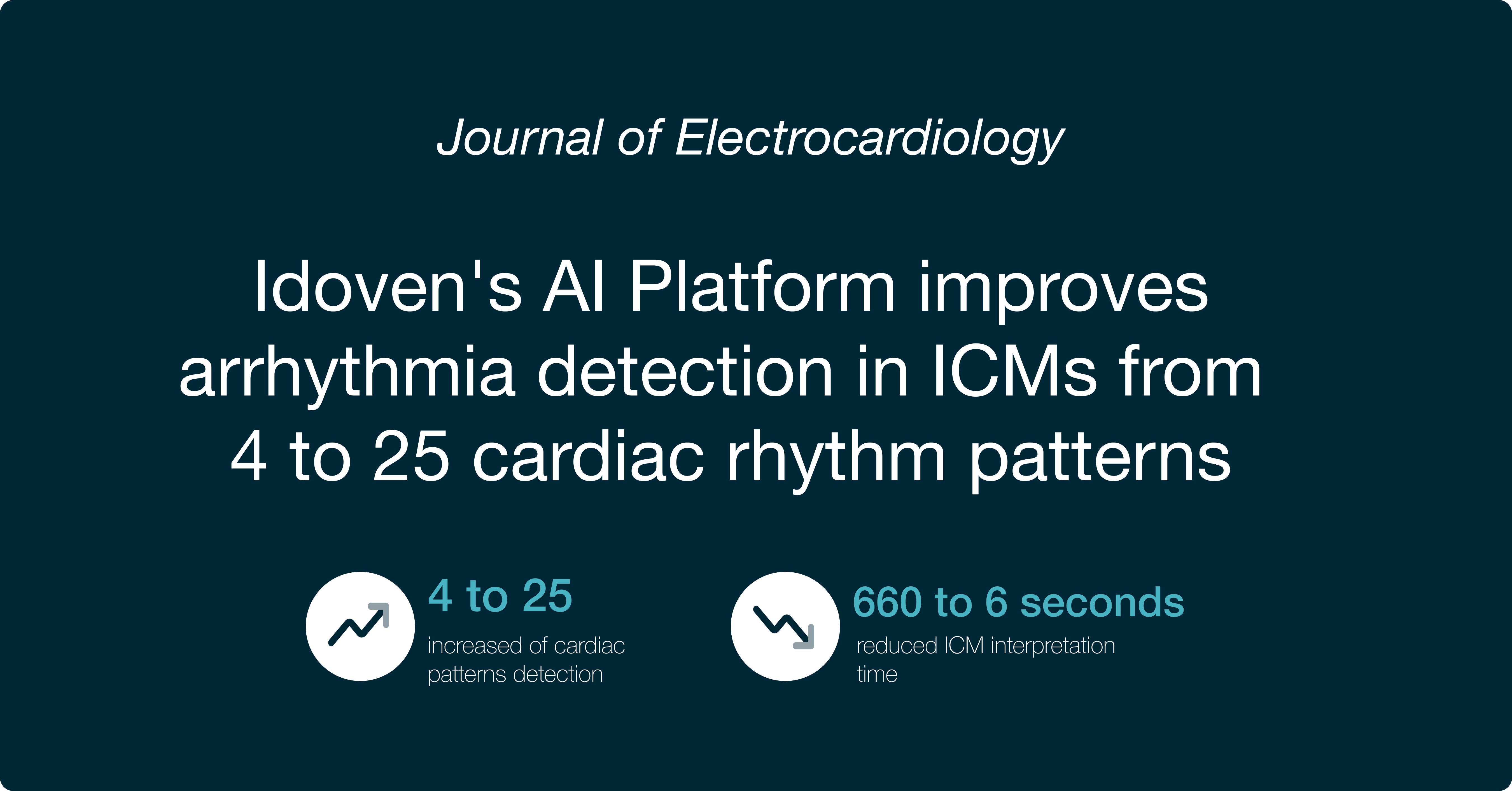When it comes to managing health, awareness is paramount. Understanding the risks and symptoms of a potential medical condition can be a life-saver and lead to solutions that can improve quality of life. This is even more important when it comes to atrial fibrillation (AFib), the most common type of arrhythmia affecting over 33 million people worldwide with potentially serious cardiovascular complications1. That's why 'Atrial Fibrillation Awareness Month' holds a central role in the global health calendar.
What is atrial fibrillation?
Atrial fibrillation is a type of arrhythmia characterized by a fast and irregular heart rhythm. It occurs when the upper heart chambers, called the atria, beat irregularly and are not synchronized with the lower chambers, the ventricles. This can lead to blood clots forming in your heart, which increases your chances of dealing with all sorts of heart-related complications such as a stroke, or heart failure.
AFib can be classified into three primary types: paroxysmal, characterized by brief, sporadic episodes lasting less than a week; persistent, involving longer-lasting episodes usually necessitating medical intervention; and permanent, where the condition is continuous with no natural return to a normal rhythm.
How is atrial fibrillation detected?
AFib is strongly associated with age, typically affecting individuals aged 40 and older2. Given the increasing aging population, the prevalence of AFib has surged by over 33% in the past two decades 3.
While it can develop in healthy people, it is often associated with risk factors like hypertension, diabetes, alcohol or substance abuse, stress, obesity, or a sedentary lifestyle.
Symptoms of AFib may encompass palpitations, chest discomfort, dizziness, fatigue, and shortness of breath. Nonetheless, some individuals with AFib may remain asymptomatic. Detecting atrial fibrillation early is crucial because it allows for timely interventions, which can reduce the risk of complications and improve the overall well-being of patients.
Idoven’s commitment to early AFib diagnosis: MAESTRIA 2020 Consortium
At Idoven, we are actively committed to advancing the prevention and early diagnosis of atrial fibrillation. For the past two years, we’ve been part of the MAESTRIA H2020 Consortium, a pioneering initiative funded by the European Commission's H2020 Research and Innovation Programme, aimed at revolutionizing cardiac issue diagnosis and prevention through the power of cutting-edge tech and AI.
MAESTRIA, an acronym that stands for Machine Learning and Artificial Intelligence for Early Detection of Stroke and Atrial Fibrillation, is committed to creating the most extensive and diverse Atrial Fibrillation database ever compiled in the history of medicine.
Our shared mission is to develop and validate the first integrative diagnostic digital platform for atrial cardiomyopathy diagnosis. This platform will be designed to provide support for improved diagnostic accuracy that increases the effectiveness and efficiency of treatments, as well as prevention of the complications of atrial cardiomyopathy, such as atrial fibrillation and stroke.
This project, led by top professionals at Sorbonne University in Paris, has teamed up with 17 other best-in-class European universities like the University of Oxford, the University of Birmingham, and many more. Being part of this consortium is a huge honor, it aligns perfectly with our mission of leveraging technology and AI to assist in the prevention and early diagnosis of cardiovascular diseases.
If you want to gain a deeper understanding of MAESTRIA, explore their goals and the partners involved on their website. And if you're interested in Idoven's role in the project, you can find more information here.
1. Alshehri, A. M. Stroke in atrial fibrillation: Review of risk stratification and preventive therapy. Journal of Family and Community Medicine 26, 92–97 (2019).
2. Lloyd-Jones, D. M. et al. Lifetime risk for development of atrial fibrillation: The framingham heart study. Circulation 110, 1042–1046 (2004).
3. Lippi, G., Sanchis-Gomar, F. & Cervellin, G. Global epidemiology of atrial fibrillation: An increasing epidemic and public health challenge. Int J Stroke 16, 217–221 (2020).



.png)




.png)
.png)
.png)







